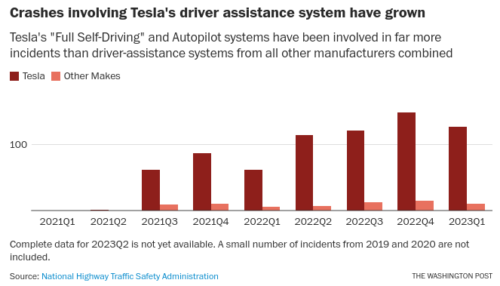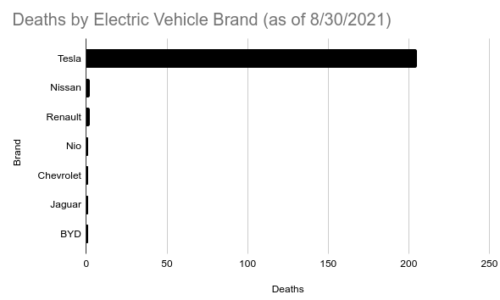The federal safety regulators have highlighted a huge percentage of deaths related to seatbelt resistance.
“One thing we’re seeing in trucking and other sectors is that seat belt usage is going down,” said Polly Trottenberg, deputy secretary of the U.S. Department of Transportation, speaking at a DOT safety forum last week. “And when we look at the fatality numbers they are extraordinarily disproportionately people who are unbelted.”
In 2021, 64% of truck drivers killed in crashes of large trucks were not wearing a seat belt, according to the latest data compiled by the National Highway Traffic Safety Administration. That compares with 59% in 2019 and 44% in 2020.
Some speculate that decline in seatbelt use is related to political propaganda. Political operatives have tried to whip truckers into an angry anti-regulation suicide lobby group.
…while the [anti-safety] protests are generating a lot of noise and attention, the eruption actually points up a counterintuitive fact: The… far right is weak and ineffectual, especially when it comes to pandemic restrictions.
Seatbelt disuse could be a follow-on effect of vaccination disinformation. It doesn’t generate noise and attention, giving a fraudulent yet hightened sense of control because zero feedback/resistence… before sudden death.
Remember when seatbelts were controversial?

